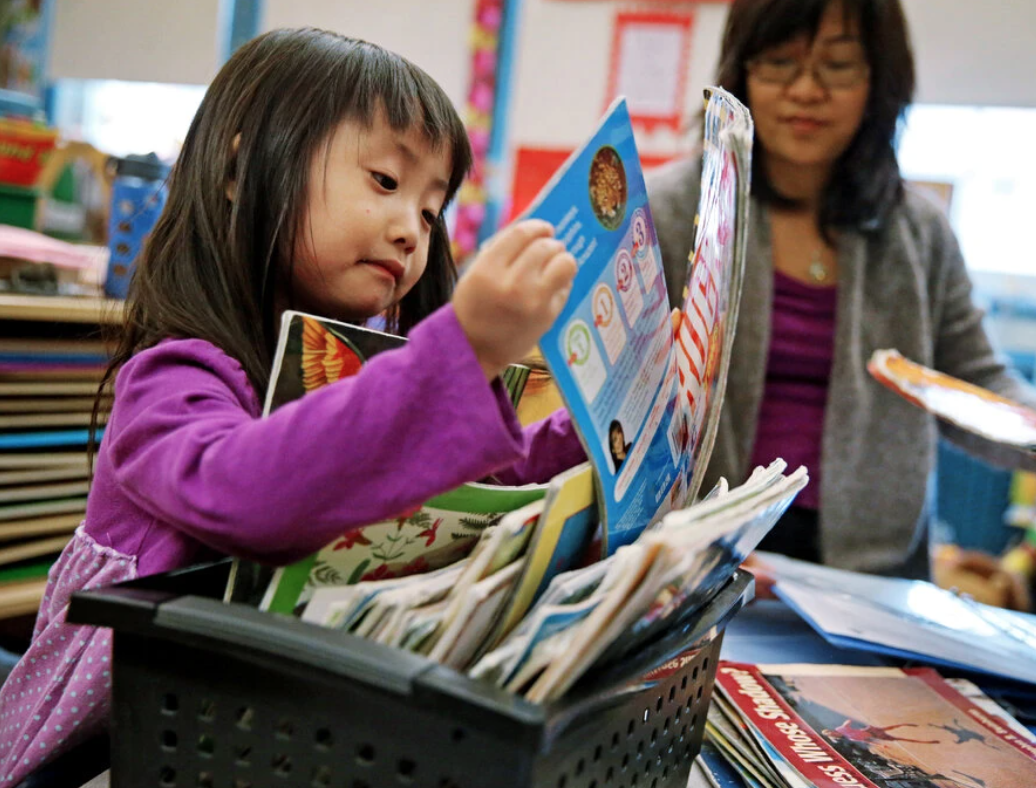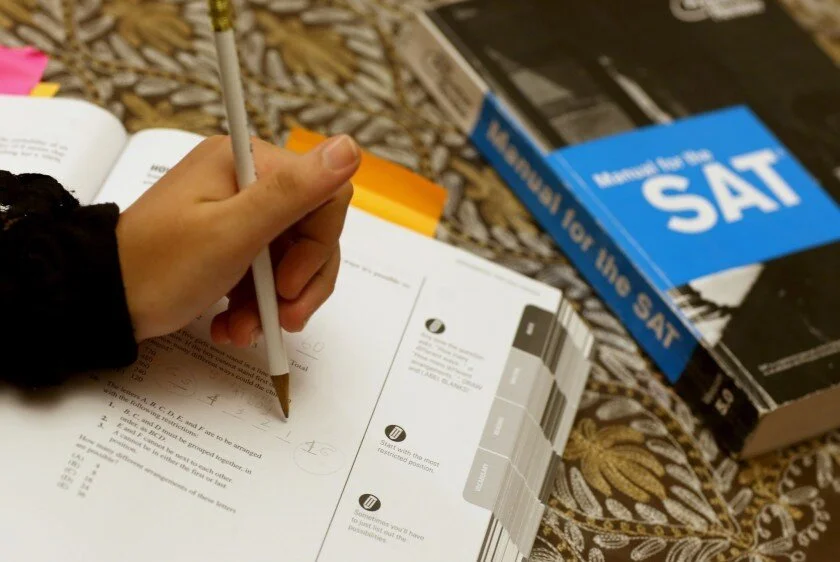Programs dedicated to alleviating child poverty have been shown to generate powerful social and economic benefits - in educational performance, income, and health outcomes - over a lifetime. Take a look at this important perspective from Faculty Director Hilary Hoynes and Rita Hamad in The Hill.
Hilary Hoynes in VoxEU
How does losing access to nutritional support impact families? A VoxEU column highlights research from O-Lab Faculty Director Hilary Hoynes and coauthors on the Special Supplemental Nutrition Program for Women, Infants, and Children (WIC). Researchers find that after losing access to the program, adult women consume less to shield children from nutritional losses. Read the article here.
Hilary Hoynes and Reed Walker on the Future of Family
Hilary Hoynes and Reed Walker were recently cited in a New York Times op-ed by Paul Krugman on the importance of the Biden administration’s new support for child care and education. Among the cited work was Hoynes’ research on SNAP benefits and other safety net investments in children.
Jesse Rothstein on Why Cal is America's Top College
Jesse Rothstein recently authored an opinion piece in the SF Examiner based on Forbes’ latest college rankings, in which UC Berkeley did much better than usual. According to Rothstein, “public colleges and universities are our key economic engine for upward mobility” because they make higher education much more accessible to low-income students. Read more here.
Perspectives on the Impact of the Expanded Child Tax Credit and the Development of a New Research Agenda on Child and Family Economic Well-Being
O-Lab Program Manager Joe Broadus, Faculty Director Hilary Hoynes, and colleagues at the Urban Institute share key takeaways from a convening gathering stakeholder input on a new research agenda on child and family economic well-being.
The Power of Pre-K
Research brief summarizing work by O-Lab affiliate Christopher Walters (UC Berkeley), Guthrie Gray-Lobe (University of Chicago), and Parag Pathak (MIT).
Hilary Hoynes testifies to the House Budget Committee
O-Lab Director Hilary Hoynes testifies to the House Budget Committee, reviewing research that shows safety net programs for children are cost-effective investments with long-term impacts on children’s life outcomes. Read the report and watch the hearing here.
Hilary Hoynes on the Benefits of Anti-Poverty Programs
Hilary Hoynes was recently featured in a NY Times article by Paul Krugman for her research on the impact of America’s anti-poverty programs on children living in poverty. Her findings showed that “unlike tax cuts for the rich, aid to poor children would largely pay for itself” purely in fiscal benefits alone, on top of the educational and health benefits these programs offer. To learn more, check out full article here.
Hilary Hoynes on What the Expanded Child Tax Credit Means for American Families
Hilary Hoynes recently co-authored an article in Quartz on how the Biden administration’s expanded child tax credit will lift millions of children out of poverty. Hoynes also discusses research surrounding other long-term benefits of the program, including improved health and educational outcomes.
Chris Walters on The Power of Pre-K
Chris Walters’ research on the longterm effects of universal pre-school was recently featured in the New York Times. The study showed that winners of the pre-school lottery in Boston had lower incarceration rates and higher rates of college enrollment, although evidence for better test scores was mixed.
Hilary Hoynes: Family Stipends Help Lift Children Out of Poverty
Childhood poverty has been linked to a number of developmental delays that can last well into adulthood and continue the cycle of poverty for generations. In a recent NPR article on the subject, O-Lab Director Hilary Hoynes explains how providing additional income support to low-income families and single mothers can improve long-term educational outcomes, reduce criminal activity, and improve the health of children growing up in poor households. Check out the full story here.
Zach Bleemer: Banning Affirmative Action Has Immediate Effects on College Applications
This fall, 57% of California voters voted to reject the restoration of affirmative action in college admissions. O-Lab fellow Zach Bleemer’s research shows that the ban on affirmative action in California has had the effect of deterring Black and Latino students from applying to college. The NY Times cited this work in an October editorial. Read the Times piece here, and take a look at Bleemer’s research!
Jesse Rothstein: Graduates Starting Their Careers in a Recession will Face Long-Term Economic Scarring
Jesse Rothstein’s research on the long-term economic scarring of the Great Recession was cited in a Washington Post column by Catherine Rampell. Rampell argues that, without significant new economic stimulus to mitigate the effects of the recession, today’s college grads will face long-term negative impacts on earnings, health, and a range of other outcomes.
Check out the Op-Ed here.
Read more of Rothstein’s research on economic scarring here.
Labor Science in Healthcare and Education Research
This virtual presentation series assembles researchers in healthcare and education policy to present work from the Opportunity Lab’s Labor Science Initiative, providing the opportunity for researchers to exchange insights from exploring issues of inequality and opportunity using new data science tools.
Jesse Rothstein: On the SAT and ACT Admissions Requirement
O-Lab’s Jesse Rothstein, along with Michael Kurlaender (UC Davis) and Sarah Reber (UCLA), urged the UC Regents to reconsider the SAT and ACT as a heavily weighted component of admission for students. Decades of research have shown that SAT and ACT test results are strongly influenced by a student’s race, income, and parent education levels. Rothstein argues that the Board should instead use a state assessment for K-12 students known as Smarter Balanced (already in use in California and several other states) because it has less bias against disadvantaged students.
Read the LA Times article here.
Hilary Hoynes on the Long-Run Impacts of Childhood Exposure to Food Stamps
Presentation by Hilary Hoynes at CEGA’s Evidence 2 Action Conference.
Can Differences in Education Quality Explain Variation in Intergenerational Mobility?
Research brief summarizing work by Jesse Rothstein.
Can more equitable education funding reduce inequalities in adulthood?
Research brief summarizing work by Rucker C. Johnson and C. Kirabo Jackson.














